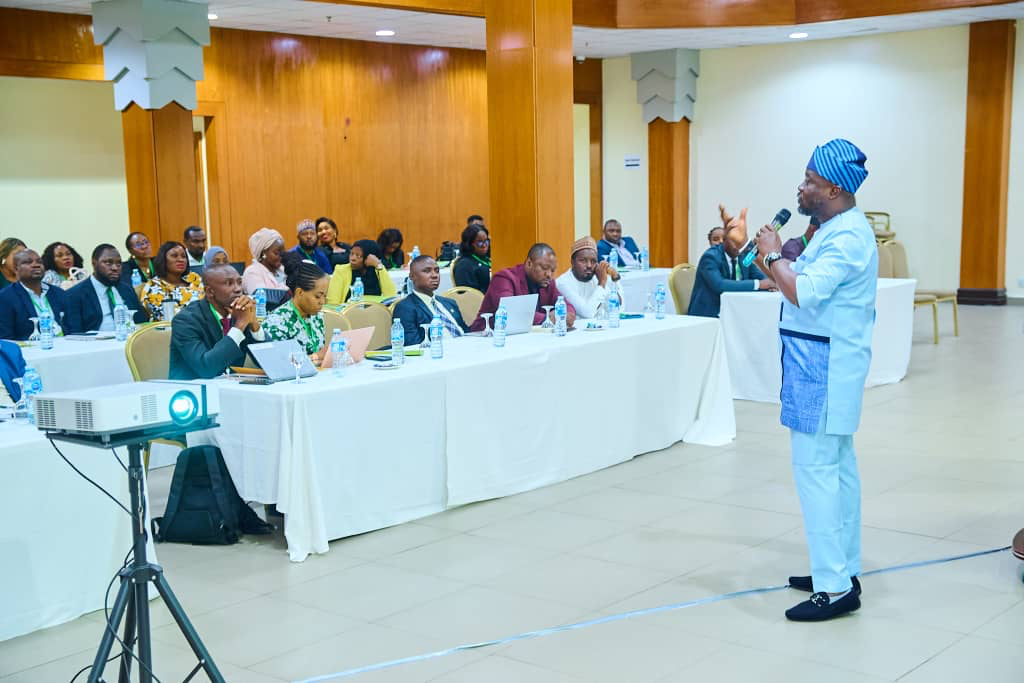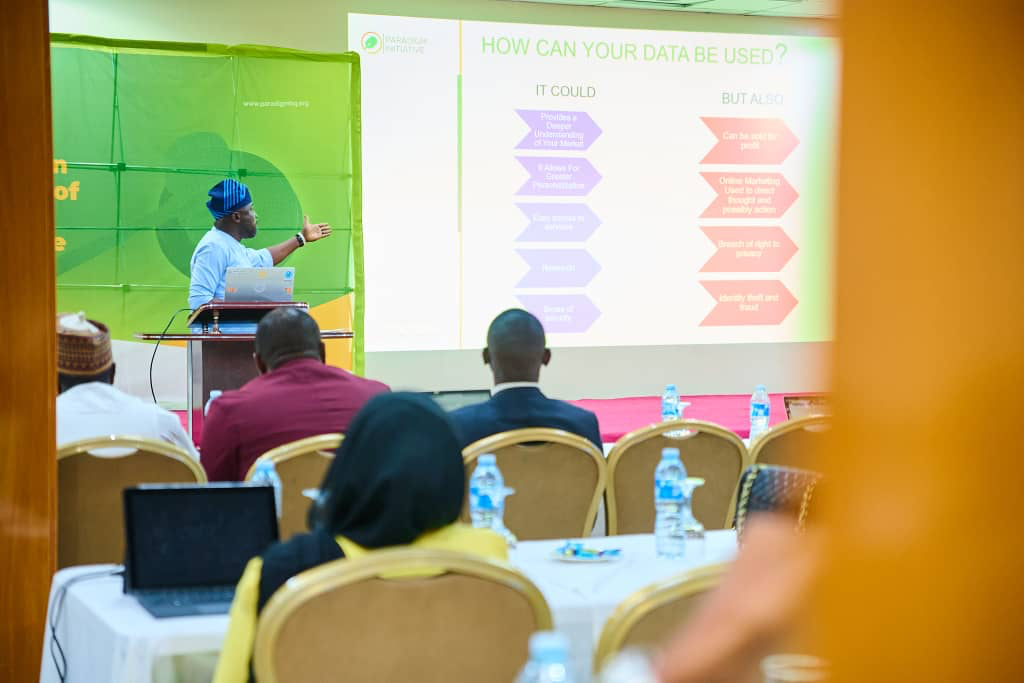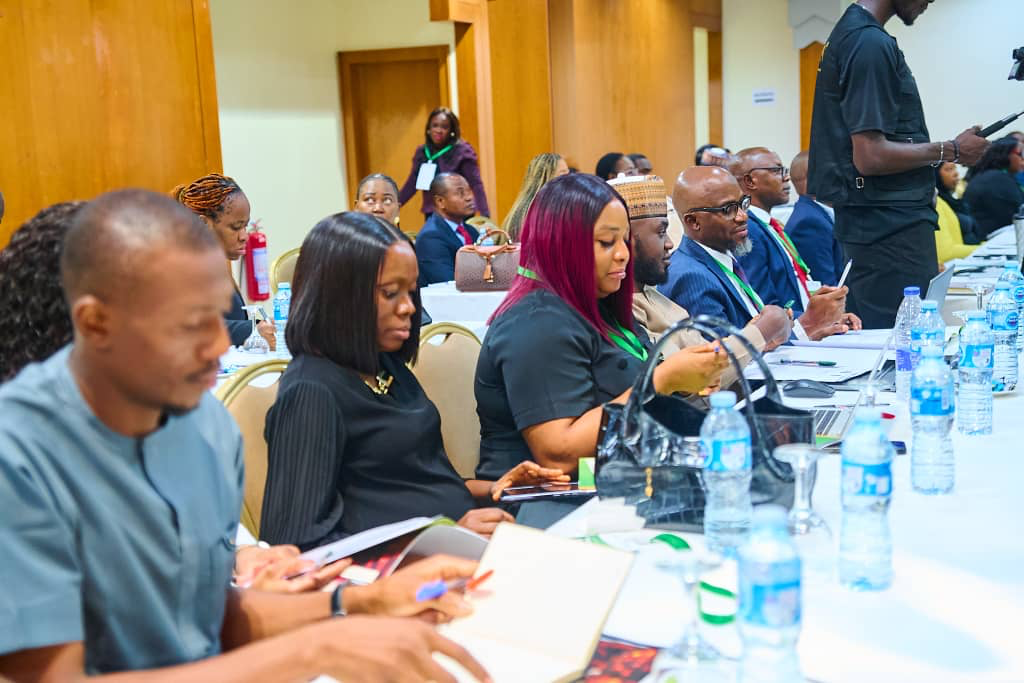Paradigm Initiative has organised a two-day capacity-building workshop in Abuja, Nigeria, to help government prosecutors handle crimes committed through or facilitated by digital technologies.
The focus is on new trends in Artificial Intelligence (AI) and how to align prosecutions with constitutional provisions and international human rights standards.
The training comes at a critical moment. Criminal procedure laws have not fully kept pace with the digital age or the new ways offences are carried out. Increasingly, digital platforms are being used to target victims, violating their privacy and exposing them to harm.

Emerging technologies are making these threats more sophisticated, placing prosecutors under growing pressure to deliver justice.
The workshop, held under the theme “Prosecution in the Age of Artificial Intelligence,” is supported by the Kingdom of the Netherlands under the Stemming the Tide of Abuse in Nigeria’s Digital Space (STANDS) Project.
By examining how AI and digital systems are being integrated into public administration and criminal investigations, the workshop seeks to strike a balance: understanding how these technologies work, recognising the risks they pose, and identifying safeguards to ensure citizens’ fundamental rights remain protected.
Speaking at the opening, Paradigm Initiative’s Senior Programmes Officer for Anglophone West Africa, Khadijah El-Usman, stressed that failing to build this capacity now could widen the gap between rapid technological change and the legal system’s ability to respond.
She warned that this could leave prosecutors ill-equipped, increase the risk of rights violations during investigations, and further erode public trust in the justice system.
She said, by investing in targeted training, prosecutors would not only be keeping pace with emerging threats but would also be positioned to advocate for evolving laws in this space.

“By investing in targeted training, we can ensure prosecutors are not only keeping pace with emerging threats but are also positioned to advocate for evolving laws in the space.”
Deputy Ambassador of the Kingdom of the Netherlands to Nigeria, Robert Sonnemans, said Nigeria is making progress in embracing the digital age and its opportunities.
He noted that artificial intelligence brings both benefits and risks. While it can help strengthen investigations and improve access to justice, he said, it also raises serious questions about fairness, bias, and possible misuse.
“Artificial intelligence is a clear example of both promise and risk, holding immense potential to strengthen investigations and improve access to justice, but also pressing questions on how to ensure fairness and prevent bias or misuse.”

Deputy Director at the Department of Public Prosecution of the Federation, Barrister Ali Baba Rijaiu, encouraged participants to take the training seriously. He said the work of prosecutors shapes public trust in the justice system.
If prosecutors can meet the demands of the digital age, he added, they will not only fight crime more effectively but also protect freedom and show that technology can strengthen justice in Nigeria.
“The work we do shapes the trust of citizens in the justice system. If we rise to the demand of this digital age, we will not only defeat crime, we will also safeguard freedom and show that justice in Nigeria is not left behind by technology but strengthened by it.”
DISCLAIMER: The Views, Comments, Opinions, Contributions and Statements made by Readers and Contributors on this platform do not necessarily represent the views or policy of Multimedia Group Limited.
DISCLAIMER: The Views, Comments, Opinions, Contributions and Statements made by Readers and Contributors on this platform do not necessarily represent the views or policy of Multimedia Group Limited.
Source: myjoyonline.com










